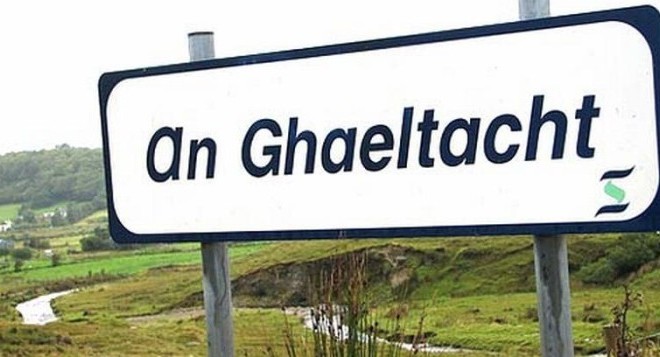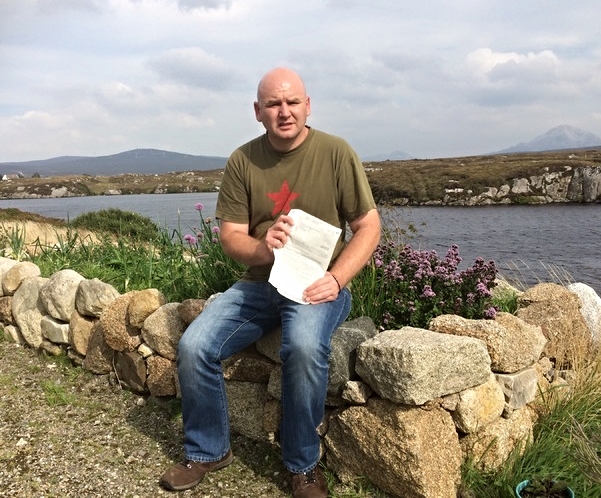DONEGAL County Council is exploring solutions to the issue of translation during virtual municipal district meetings.
A shift to online meetings has become problematic when it comes to councillors speaking in Irish. Where previously elected members were able to slip on headphones and listen to a translator in real time, that is no longer possible during Zoom meetings.
As it stands a councillor can address a meeting in Irish but then has to wait while his or her comments are relayed afterwards in English.
The added time has become a source of friction among elected representatives, particularly members of the Glenties Municipal District where meetings are regularly addressed in Irish.
Councillor Micheál Choilm Macgiollaesabuig says that at as a Gaeltacht Councillor he has the right to use his native language at council meetings and as cathaoirleach of the council’s Coiste na Gaeilge. He says though he understands the issues that have arisen since meetings moved to a virtual format.
“First of all I want to acknowledge that the Council and Council management and staff, have done great work over the past six years to ensure that we have had simultaneous translation services at all our full council meetings, all our MD meetings in the Glenties area, meetings of Coiste na nOileán and a number of other public meetings. This translation service has meant that councillors like myself have been able to freely use Irish, as is our natural right, but also ensures that others at the meetings without Irish have the simultaneous translation provided by an interpreter. Donegal County Council has invested in maintaining, upgrading, and extending the equipment used. While I am very unhappy that there are meetings in which the service is not yet provided, I want to acknowledge those very real and practical improvements that have been made.

“In recent times, the council has been forced to switch to virtual meetings online. This has presented major challenges for the simultaneous translation at those meetings. This is new territory for us all. It is no fault of any member of staff that they face these new challenges, and it is only natural that there will be teething problems with providing translations in this online context. A translator cant speak online while a councillor is presenting, and it is very difficult, slow, and cumbersome to wait for translations after a councillor has spoken. This has given rise to some friction at the meetings, through no fault of staff or councillors.
“However, I have been in contact with council staff and I want to acknowledge that they recognise there is a challenge with the provision of translations at virtual online meetings. I am pleased to say that several possible solutions are being examined, and hopefully will be tried out in the coming period. I am looking forward to positively working with the staff and other councillors to try and resolve this matter in a positive way. I will continue to use Irish at council meetings as it is the right and natural thing for a Gaeltacht councillor to do, but I will also work positively with the council staff who are trying their best to find solutions to the challenges presented by online meetings during Covid restrictions.
“There have been many other positive Irish language projects supported by myself as cathaoirleach and the other elected members of Coiste na Gaeilge, and council staff in Rannóg na Gaeilge and across the services and from senior management, including the Annual Gaeltacht Scholarship Scheme for our young people, an upcoming major Gaeltacht Signage Project to promote the visibility of the Gaeltacht to its people and visitors; a dedicated Irish language phoneline service, the organisation of Seachtain na Gaeilge events across our library services, the inclusion of Irish language activities in many other festivals and events, much more visibility for the Irish language on the council’s website and in documents and forms and correspondence. The council’s community division is currently helping to ensure that documentation and videos for Comhairle na nÓg ar available to students and young people across the county in Irish.
“The council has also provided funding and support and works hand in hand with our Gaeltacht Service Towns in the county and with the language planning officers in the Gaeltacht. There is much more that needs done, there are things the council is falling short on, but it is also important to acknowledge the very significant progress and the positive work of council workers,” added Councillor Macgiollaeasbuig.










